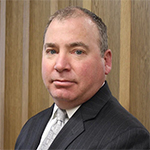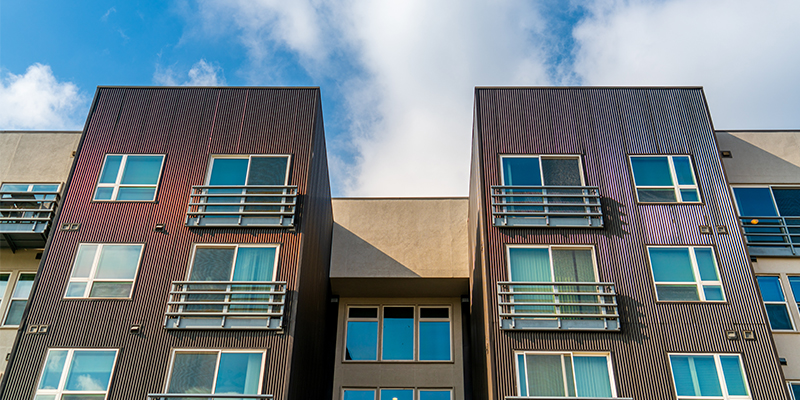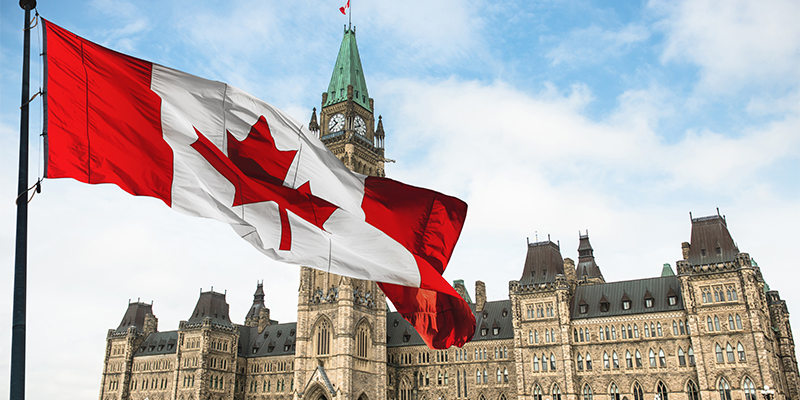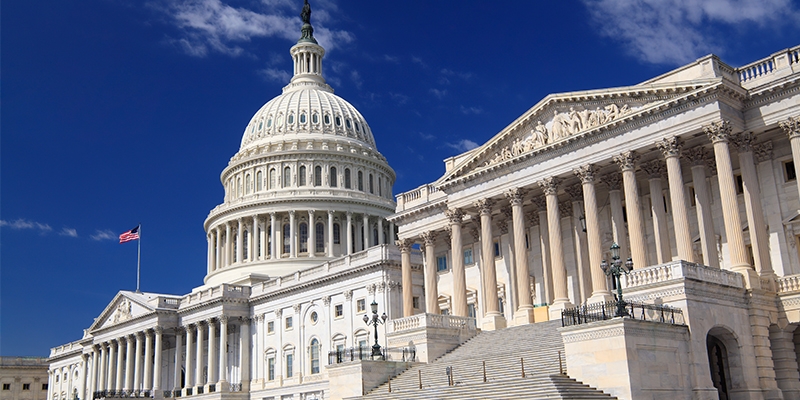NAIOP of North Carolina recently hosted the first in-person Day at the State Capitol since the outbreak of the pandemic. It provided NAIOP members from the Charlotte, North Carolina Piedmont Triad, and Raleigh-Durham chapters with the opportunity to advocate for effective policies that advance commercial real estate development within the state. This year’s legislative priorities focused on three areas: economic development, tax reform and regulatory reform.
Regulatory reform emerged as a dominant issue during NAIOP of North Carolina’s meetings with state legislators. In particular, NAIOP members advocated for strengthening the state’s brownfield program within the North Carolina Department of Environmental Quality. There is growing concern within the commercial real estate community that the administrative delays and inconsistencies with the current program are discouraging the redevelopment of dormant or underutilized contaminated properties.
NAIOP of North Carolina believes that there are steps that the state legislature can take to improve the program. This includes providing sustainable funding for additional staff in order to facilitate a more reliable and predictable administration of brownfield applications. Additional staff allows the program to move forward in a more efficient manner that keeps pace with the practical aspects of redeveloping brownfield sites in North Carolina. At present, the lack of consistency only increases costs, complicates financing requirements, and hinders the ability for developers to enter into contracts with subcontractors and other service providers.
Local permit reforms were also a top legislative priority this year. The state alliance is seeking reforms to the local permit process that reduces review time and provides more transparency and certainty for property owners and investors. There is legislation moving though state house that addresses this priority.
Representative Jeff Zenger is a general contractor and developer from the Piedmont Triad area who understands firsthand the inconsistencies in working with various local permitting entities. After learning of Georgia’s permitting reform legislation, he introduced HB 291, which passed the House on a vote of 79-33. Fifteen Democrats joined Republican in voting for passage of the bipartisan bill. It has been referred to the Senate Committee on Rules and Operations.
The enactment of HB 291 will fundamentally improve the local permitting process with the following reforms:
- A local permitting entity has 21 days in which to issue permit.
- During the 21 days, the local permitting entity shall resolve any issues and may seek additional information from the applicant.
- If additional information is needed or the application must be resubmitted, the permitting entity has 15 days from receipt of the new information to issue a permit.
- If the permitting entity is unable to issue the permit within 21 days, the applicant may seek approval from a certified third-party (engineer) or the Department of Insurance.
- Local governments must remit 2% of all building code permit fees to the Department of Insurance to support costs associated with their participation in the process.
NAIOP of North Carolina’s economic development and tax priorities, such as maintaining Historic Preservation Tax Credits, were also part of NAIOP’s priorities but were less in jeopardy because of the state’s revenue surplus. The governor’s office increased the revenue forecast to $60.5 billion over the next biennium [a specified period of two years] on June 15. This revenue forecast does not include the $5.7 billion that the state will receive from the American Rescue Plan signed into law on March 11 by President Joe Biden.
This may have been NAIOP’s only in-person Day at the State Capitol in 2021, but it will not be the association’s last in North Carolina and other states. These advocacy days continue to provide important opportunities to engage and educate lawmakers on the legislative priorities of commercial real estate within the states. They allow NAIOP members to remain engaged, build relationships and establish trust in maintaining a seat at the legislative table with lawmakers.








